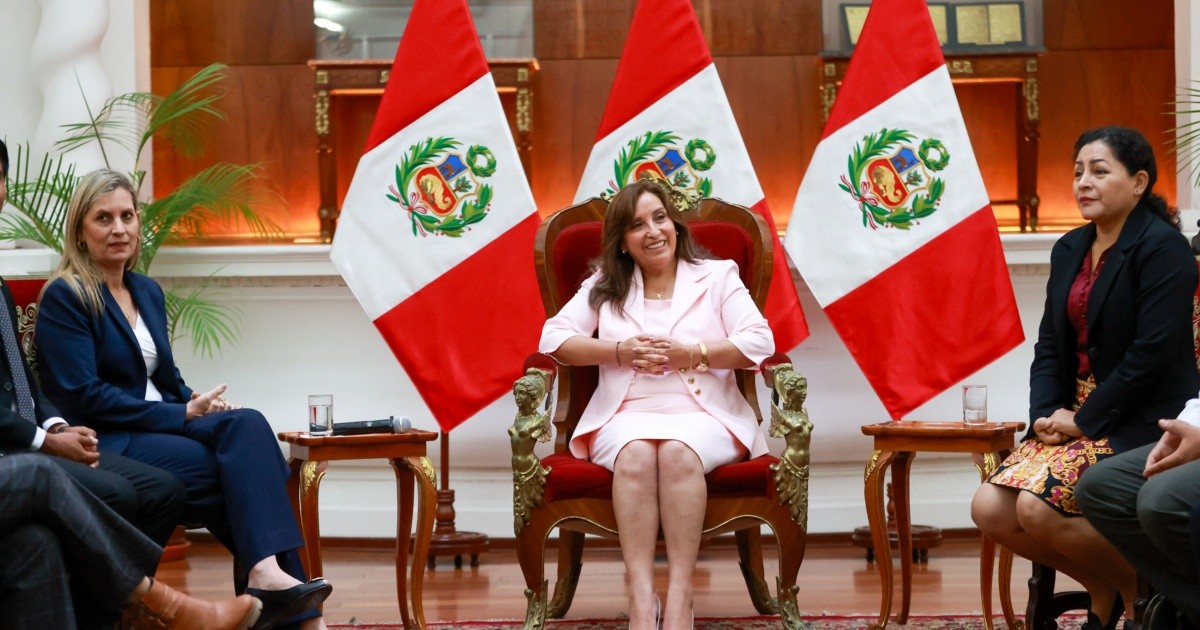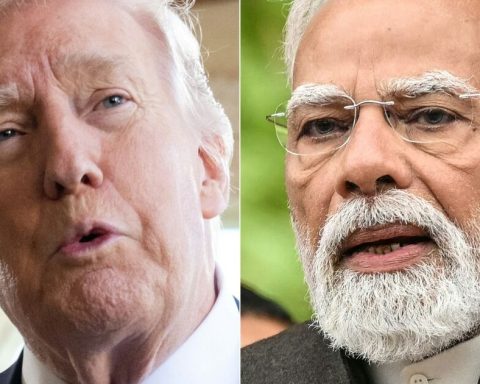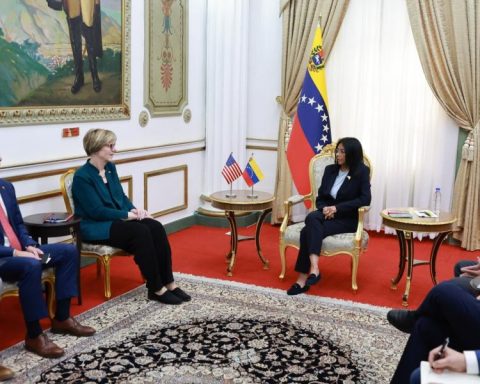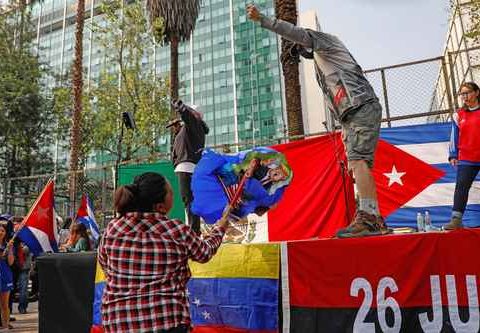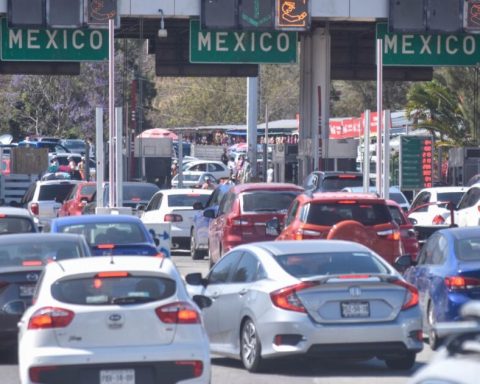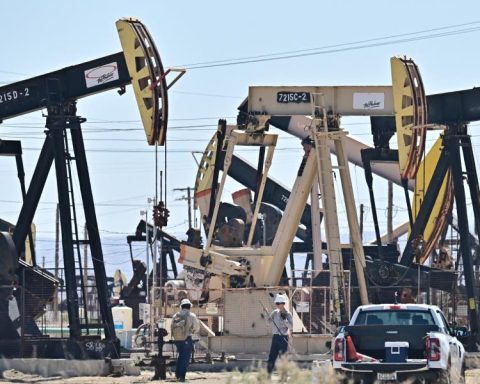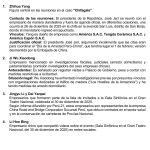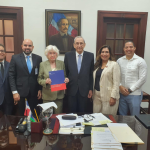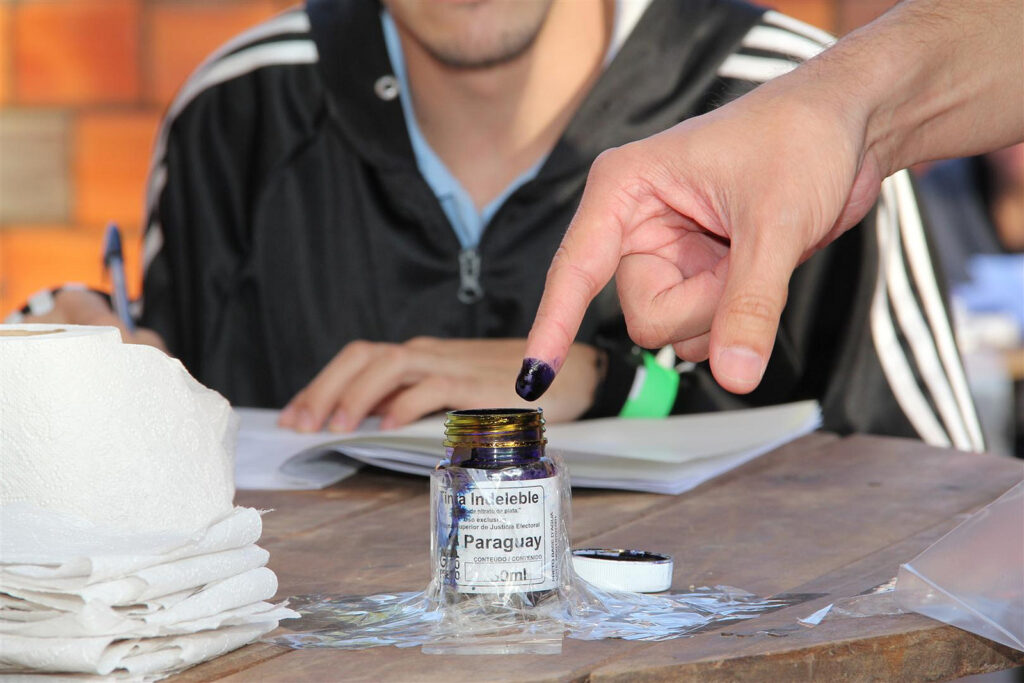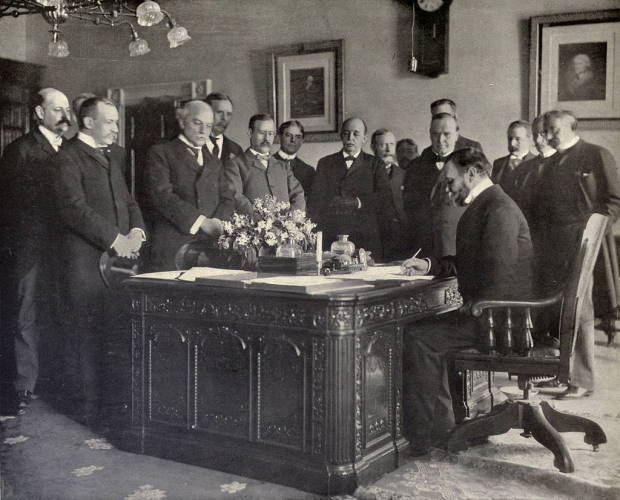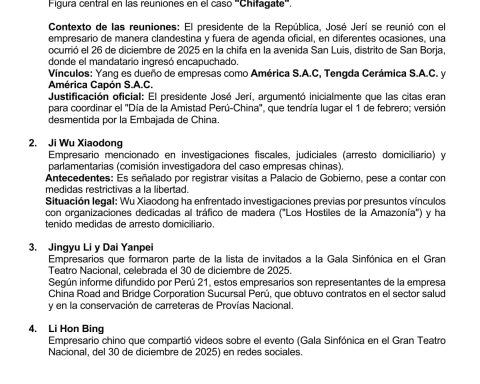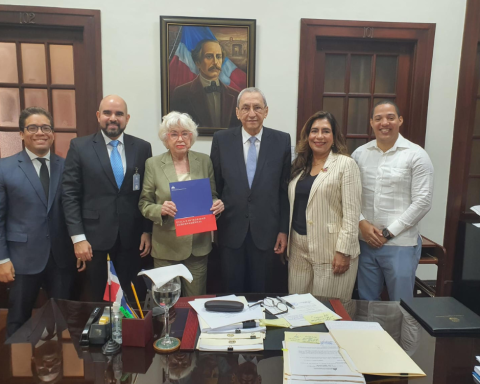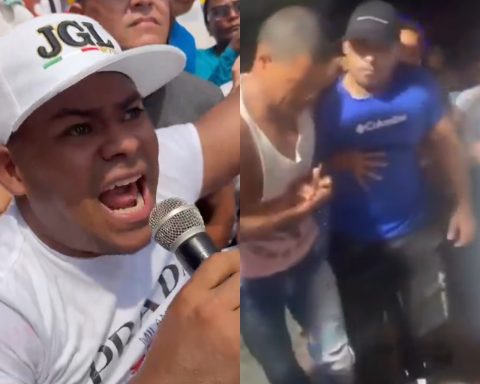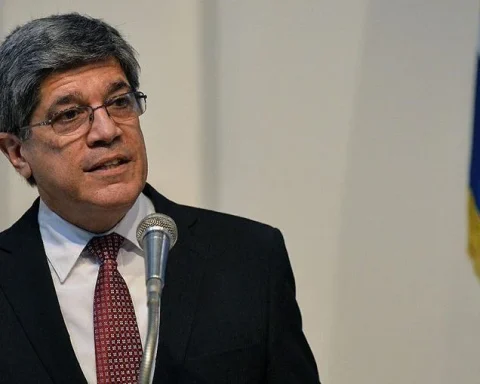After the dismissal of Pedro Castillo and the appointment of Dina Boluarte as President of Peru, the investment bank BTG Pactual projected three scenarios that could occur in the short term in the Andean country.
The first of them -and the most probable (70%)- is related to the fulfillment of Boluarte’s duties. The president would begin to build bridges and thus she would be able to finish her term in 2026.
The second option, although with less probability (20%) of execution, is to call new elections, “which would favor the center-right.” While the third option (10%) is the dismissal of the head of state.
Regarding what happened during the day on Wednesday, the investment bank assured that the facts are “marginally positive” for Peruvian stocks; however, “the choice of the first cabinet will probably dictate the course of his administration.”
BTG Pactual estimated that the president “has no room for maneuver and does have an absolutely minimal tolerance for error.” However, what is most important is that events “have shown that Peruvian institutions function according to their purpose – something like a successful constitutional catharsis for a country that has suffered from an apparent ineffectiveness of its political structure – in the sense of which indicate a climate in which corruption will be much less likely to be tolerated, and institutions will be more resolutely expected to prosecute those who break the law.”
reactions
Among the reactions are the declarations of various Latin American governments and also that of the United States that called for “respect for the institutional framework.”
From Washington, any attempt to “undermine democracy” was rejected, which is why Castillo is not considered President of Peru.
On the contrary, President Andrés Manuel López Obrador called for respect for democracy and human rights. He denounced that Castillo is “the victim of a coup attempt.” His foreign minister posted on Twitter that “Mexico regrets the latest events in Peru and wishes respect for democracy and human rights for the good of that endearing brotherly people.”
The situation in Peru caused Mexico – which has the protempore presidency of the Pacific Alliance – to suspend the country from the bloc’s Summit, which was to take place in Lima next week.
To this suspension, Boluarte responded that he hopes that López Obrador will be able to visit his country for the delivery of the pro tempore presidency of the conglomerate.
From Colombia, President Gustavo Petro called for dialogue and safeguarding democracy with the participation of all political actors.
Ecuador, meanwhile, called for democracy and to maintain the rule of law through an official statement from the Foreign Ministry. While from Chile, political actors were also called to respect human rights and fundamental freedoms.
